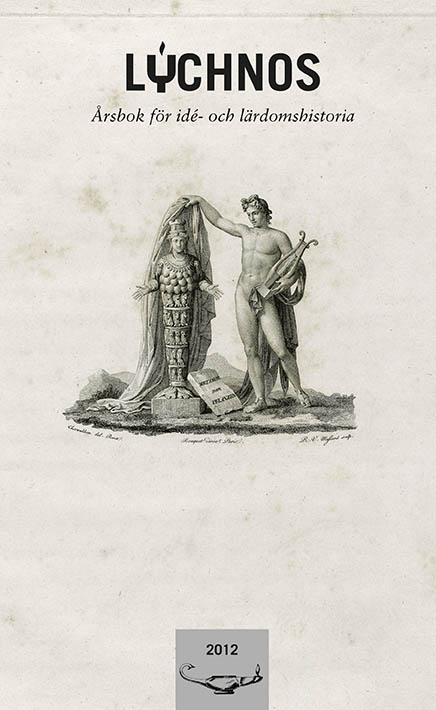Philhellenism and Orientalism in Germany
Abstract
This essay describes the ways in which classical and oriental philology diverged in their interests and in their practice during the nineteenth century. It focuses on German scholars, who were the pacesetters of these fields after about 1830. Telling the story from the perspective of the ‘orientalists,’ the article shows how difficult it was for these scholars – whose work regularly involved the learning of multiple languages and the study of difficult to date religious texts – to imitate the classicists’ successful secession from the theology faculty. Moreover, the orientalists were unable to make their studies central to German cultural life as a whole. Only at the end of the nineteenth century, as archaeological expeditions and imperialist politics pushed the Orient into the limelight, did Orientalistik really manage to obtain significant state patronage and attract the interest of the non-scholarly public. Even so, many orientalists remained bitter about their long subordination to classics, and about the classicists’ unwillingness to engage in conversations with them about religious and cultural origins and about the wider history of the ancient Near East. The disciplinary dimorphism that marked the history of the two philologies – both descendant from early-modern Christian humanism – in the German-speaking world is an important one for both classicists and orientalists to understand as we move into an era marked by the pursuit of a more inclusive, global form of the humanities.
Downloads
Published
Issue
Section
License
This work is licensed under a Creative Commons Attribution 4.0 International License. The copyright for the work published in Lychnos remains with the authors.


